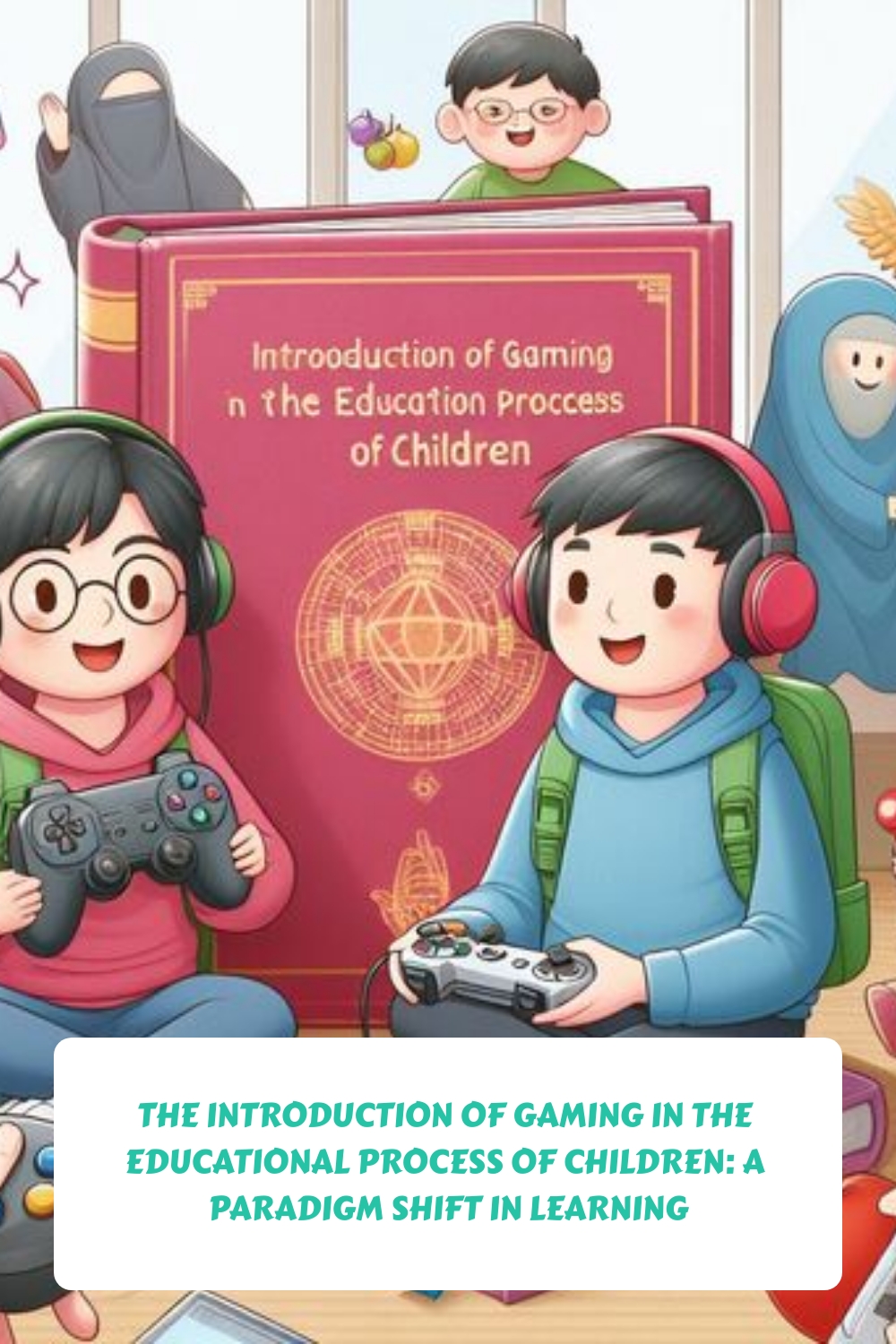
In recent years, the incorporation of gaming into educational practices has garnered significant attention as educators seek innovative methods to engage and motivate students. Gaming, once considered merely a form of entertainment, is now recognized as a powerful tool for enhancing learning experiences, particularly among children. This paradigm shift in education reflects a growing recognition of the potential benefits that gaming offers in fostering critical thinking, problem-solving skills, and collaboration. In this article from jarvismastermind, we explore the introduction of gaming in the educational process of children, examining its implications, benefits, and challenges.
Understanding the Role of Gaming in Education
Gaming in education, often referred to as educational gaming or gamification, involves the integration of game elements and principles into learning activities. These games can take various forms, including digital games, board games, and classroom activities designed to mimic gaming dynamics. Unlike traditional educational methods, which may rely heavily on rote memorization and passive learning, educational gaming encourages active participation, experimentation, and exploration.
One of the key principles underlying the effectiveness of gaming in education is the concept of “learning by doing.” In a gaming environment, players are often presented with challenges and obstacles that require them to apply their knowledge and skills to solve problems. This hands-on approach to learning promotes deeper engagement and understanding as students actively navigate through various scenarios and make decisions that impact the outcome of the game.
Furthermore, gaming in education has the potential to cater to diverse learning styles and preferences. While some students may excel in traditional classroom settings, others may struggle to stay focused or motivated. Educational games offer a dynamic and interactive learning environment that can accommodate different learning paces and preferences, allowing students to learn at their own pace while having fun.
See price for HP Victus 15.6″ Full HD 144Hz Gaming Laptop https://amzn.to/4bu8QiB
Benefits of Gaming in Education
The introduction of gaming in the educational process of children offers a multitude of benefits that extend beyond academic achievement. Some of the key advantages include:
1-Enhanced Engagement: Educational games are designed to be inherently engaging and enjoyable, capturing students’ interest and motivating them to actively participate in learning activities. This increased engagement can lead to higher levels of concentration and retention of information.
2-Improved Problem-Solving Skills: Many educational games require players to solve complex problems and overcome challenges, fostering the development of critical thinking, creativity, and strategic planning skills. By encouraging students to think critically and explore different solutions, gaming in education helps them become more adept problem solvers.
3-Increased Collaboration and Communication: Multiplayer and cooperative educational games promote collaboration and communication among students as they work together to achieve common goals. These collaborative experiences teach valuable teamwork skills, such as effective communication, negotiation, and conflict resolution.
4-Personalized Learning Experiences: Educational games can be tailored to meet the individual needs and abilities of students, allowing for personalized learning experiences. Teachers can adjust the difficulty level, pacing, and content of games to accommodate different learning styles and preferences, ensuring that all students receive the support they need to succeed.
5-Real-World Application: Many educational games simulate real-world scenarios and challenges, providing students with opportunities to apply their knowledge and skills in practical contexts. By bridging the gap between theory and practice, gaming in education helps students develop a deeper understanding of concepts and their real-world implications.
See price for HP Victus Gaming Laptop https://amzn.to/4bxI6xz
Challenges and Considerations
Despite the numerous benefits of gaming in education, its implementation is not without challenges. Some of the key considerations include:
1-Access and Equity: Not all students have equal access to technology and digital resources required for gaming in education. Socioeconomic disparities can exacerbate existing inequities, limiting the accessibility of educational games to certain groups of students. Addressing these disparities requires concerted efforts to ensure that all students have access to the necessary tools and resources.
2-Content Quality and Alignment: The effectiveness of educational games depends on the quality of content and its alignment with curriculum standards and learning objectives. Ensuring that games are pedagogically sound and academically rigorous requires careful vetting and collaboration between educators and game developers.
3-Overcoming Resistance: Despite the growing acceptance of gaming in education, some educators and parents may still harbor reservations about its effectiveness or appropriateness as a learning tool. Overcoming resistance to change requires advocacy, professional development, and empirical evidence demonstrating the positive impact of educational gaming on student learning outcomes.
4-Balancing Screen Time: With the proliferation of digital devices and screens, concerns have been raised about the potential negative effects of excessive screen time on children’s health and well-being. Educators and parents must strike a balance between leveraging technology for educational purposes and promoting offline activities and face-to-face interactions.
See price for MSI 2023 Newest Katana 15 Gaming Laptop https://amzn.to/3OFqVQO
Conclusion
The introduction of gaming in the educational process of children represents a transformative shift in how we approach teaching and learning. By harnessing the power of games, educators can create dynamic and engaging learning experiences that promote active participation, critical thinking, collaboration, and problem-solving skills. While challenges exist, the potential benefits of educational gaming are undeniable, offering new opportunities to inspire and empower students in their educational journey. As we continue to explore innovative approaches to education, gaming stands out as a promising tool for preparing students for success in the 21st century.
Generated with Pin Generator



